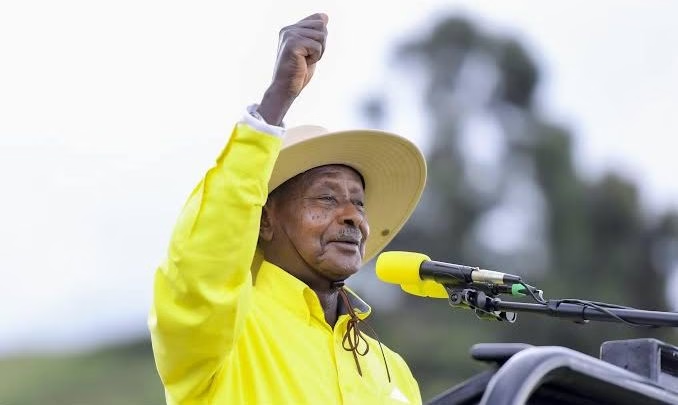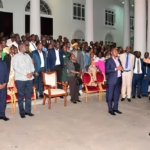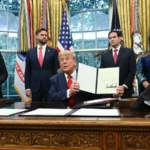On Saturday, June 28, Museveni has officially collected nomination forms for both National Resistance Movement (NRM) chairperson and the party’s presidential flag bearer—a step that brings him one stride closer to appearing on the ballot in January 2026.
If successful, Museveni will have led Uganda for 45 years by the end of that term, placing him among the world’s longest-serving leaders.
Having taken power in 1986 after a five-year guerrilla war, Museveni has now been Uganda’s president for nearly four decades. Over the years, constitutional amendments by his party have paved the way for this longevity—most notably the removal of presidential term limits in 2005 and age limits in 2017.
To his supporters, Museveni represents stability and experience. To critics, he symbolises entrenched power and fading democratic space. But to many ordinary Ugandans, especially in rural areas, his continued presence is both familiar and polarising.
As part of his new term ambitions, Museveni has outlined a broad plan touching on issues close to the everyday lives of Ugandans—from jobs to security, and from healthcare to market access.
Peace and Security
Museveni acknowledged that while Uganda remains largely peaceful, challenges like theft continue to disrupt communities. His solution? Police outposts in every sub-county, each equipped with bicycles and trained dogs—an unusual, but locally practical approach to grassroots policing.
Infrastructure for Opportunity
Roads remain a cornerstone of Museveni’s development plan. But he was quick to add that good roads alone don’t create prosperity.
“Infrastructure is for all of us, but personal wealth is yours alone—and so is poverty,” he said. “The poverty you left at home in the morning, you will find it when you go back.”
Jobs Through the Private Sector
Rather than promising government jobs, Museveni doubled down on empowering agriculture and industry. According to him, commercial agriculture has created 3.6 million jobs, while factories have generated another 1.2 million—dwarfing the 400,000 positions available in government.
Better Public Services
Improving schools and hospitals remains high on the agenda. Museveni stressed that public services that are meant to be free must be truly free—and accessible to all, not just the privileged few.
Expanding Markets
Finally, Museveni wants to help Ugandans sell what they produce. His strategy includes tapping into regional and continental markets, particularly in East Africa and across Africa more broadly.
The road to 2026 won’t be smooth. Museveni is likely to face off once again against pop-star-turned-politician Bobi Wine, who has confirmed he’ll contest the presidency. In the 2021 election, Wine alleged widespread fraud, claiming his supporters were intimidated and votes manipulated.
He has since refused to recognise the results—and has been rallying his base in preparation for a rematch
As the political season heats up, Uganda is preparing for a crossroads. Supporters of Museveni see experience and stability. Critics see an aging ruler who’s overstayed his time.
Either way, the coming months will reveal much about the direction Uganda is headed—and who the people believe should lead them there.



